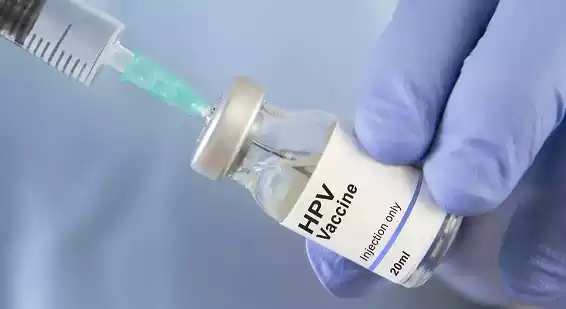Did you know that a simple vaccine could be the key to eliminating cervical cancer? The Human Papillomavirus (HPV) is the leading cause of cervical cancer worldwide. Thankfully, HPV vaccination programmes have shown remarkable success, with studies revealing they can cut cervical cancer cases by up to 90%. Let’s dive into how this vaccine is changing lives and paving the way for a cancer-free future.
Understanding HPV and Its Impact
HPV is a group of over 100 related viruses, some of which are sexually transmitted. High-risk strains like HPV-16 and HPV-18 cause most cervical cancers. Globally, cervical cancer claims hundreds of thousands of lives each year, mostly in low and middle-income countries.
The Role of HPV Vaccination
The HPV vaccine protects against the most dangerous strains of the virus. It works by stimulating the immune system to produce antibodies, preventing infection if exposed. Health experts recommend vaccination between ages 9 and 14, before potential exposure through sexual contact.
Many countries, including the US, UK, and Australia, have integrated the HPV vaccine into their national immunization schedules.
Recent Research and Findings
Multiple studies have backed the vaccine’s incredible impact. For instance, the UK reported a nearly 90% reduction in cervical cancer rates among women who received the vaccine. WHO also supports these findings, emphasizing the vaccine’s role in saving millions of lives.
HPV Vaccination Programmes
Countries like Australia are leading the way and are on track to eliminate cervical cancer as a public health issue by 2035. Developing countries, though slower to implement wide coverage, are now catching up with global aid and education efforts.
Benefits of Widespread HPV Vaccination
Besides drastically lowering cervical cancer rates, the vaccine reduces healthcare costs and protects against other cancers like throat and anal cancer. Widespread vaccination also prevents the spread of the virus, protecting even the unvaccinated.
Addressing Myths and Misconceptions About the HPV Vaccine
Some people fear the vaccine promotes early sexual activity or causes infertility. These claims are baseless. Scientific studies consistently prove the vaccine’s safety and effectiveness. It’s just another way to protect your health—like wearing a seatbelt.
Importance of Early Vaccination
Vaccinating preteens is crucial because it works best before any exposure to HPV. The immune response is stronger at younger ages, offering long-term protection well into adulthood.
Combining Vaccination with Screening Programmes
While the vaccine is powerful, regular screening through Pap smears and HPV tests remains essential. Early detection helps catch any abnormal cell changes before they turn cancerous.
Government and Healthcare Initiatives
Many governments provide free or subsidized vaccines in schools and clinics. Partnerships with NGOs and awareness campaigns are also helping to boost vaccination rates, especially in underserved communities.
The Future of HPV Vaccination Programmes
The future looks bright. New vaccine versions offer broader protection, and many countries now include boys in their vaccination schedules, expanding herd immunity. With continued efforts, eliminating cervical cancer is no longer a dream—it’s a goal within reach.
The HPV vaccination programme is a medical breakthrough that could wipe out cervical cancer. With up to 90% effectiveness, it’s a game-changer. The more we spread awareness and improve vaccine access, the closer we get to a future where cervical cancer is history.
FAQs
- How effective is the HPV vaccine in preventing cervical cancer?
- Studies show it can reduce cases by up to 90% when administered properly.
- At what age should the HPV vaccine be administered?
- Ideally between 9 and 14 years old, but older teens and adults can also benefit.
- Can the HPV vaccine protect against other types of cancer?
- Yes, it also helps prevent other HPV-related cancers like throat and anal cancer.
- Is the HPV vaccine safe?
- Absolutely! It has a strong safety record with minimal side effects.
- Can adults get the HPV vaccine?
- Yes, adults up to age 45 can receive the vaccine, though it’s most effective when given earlier.
You May Like
Trending Searches Today |
NASA, SpaceX Launch the Crew-10 Mission to Rescue Astronauts Butch Wilmore, Sunita Williams





